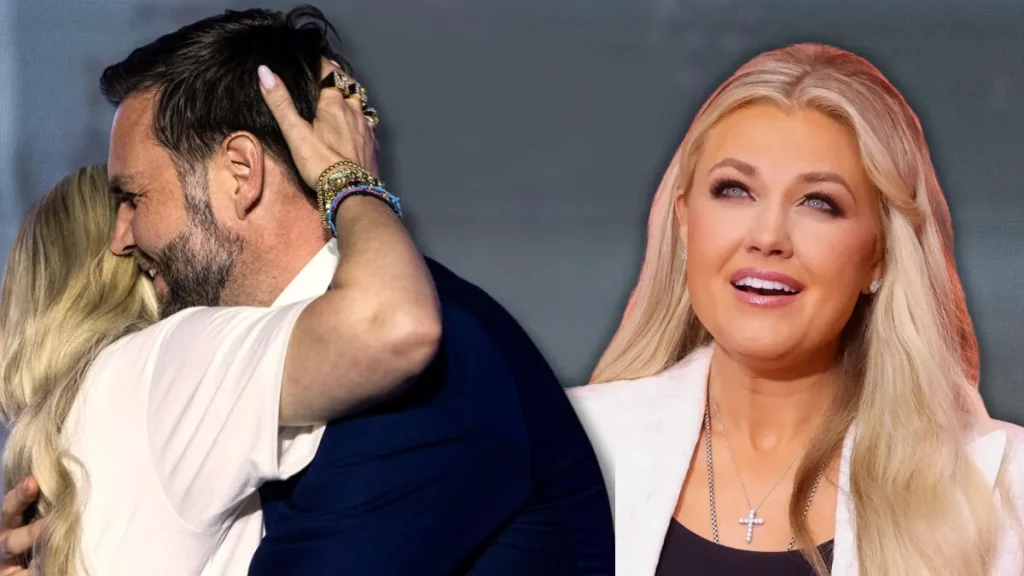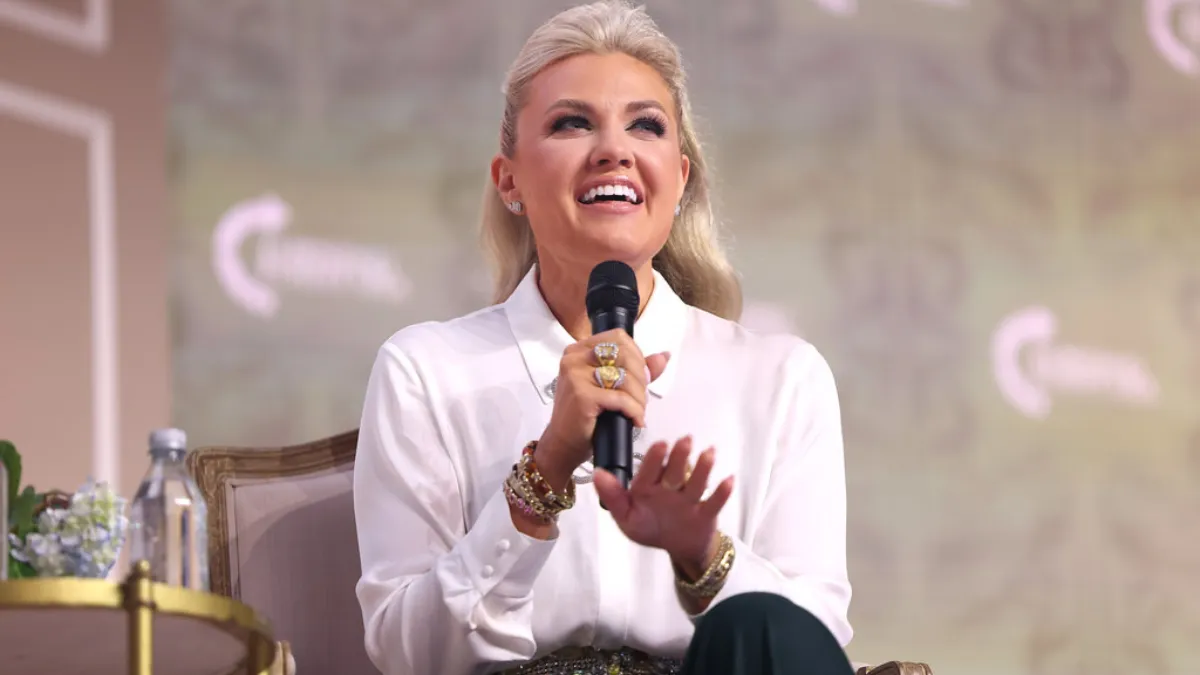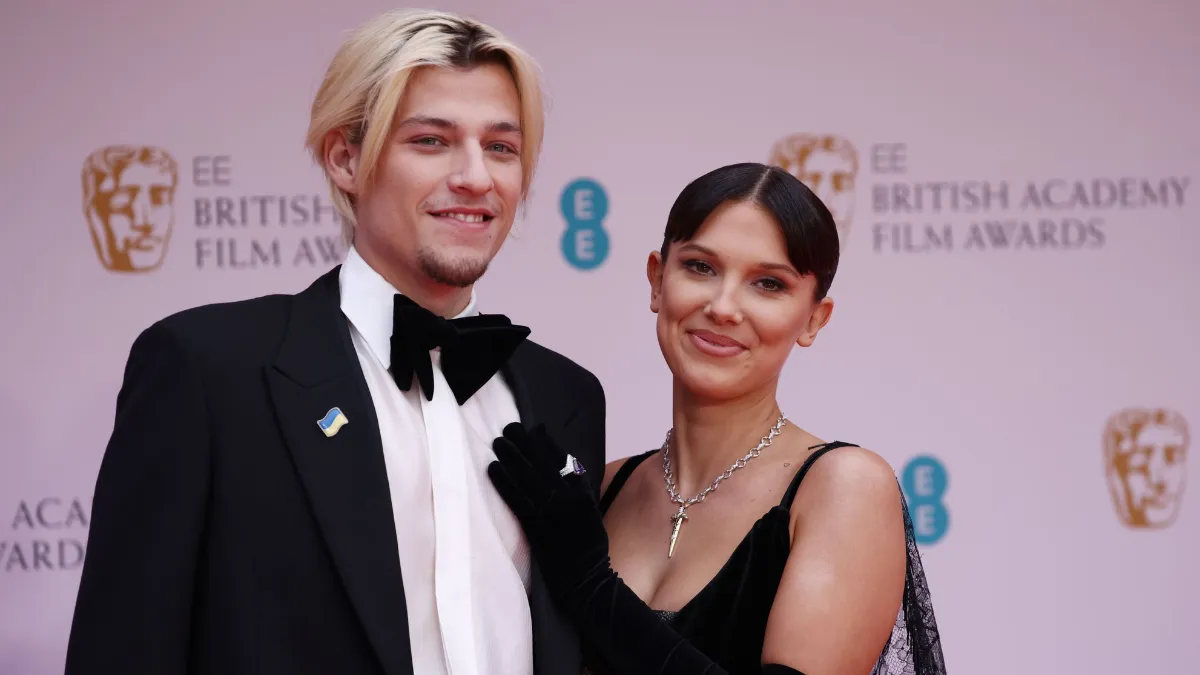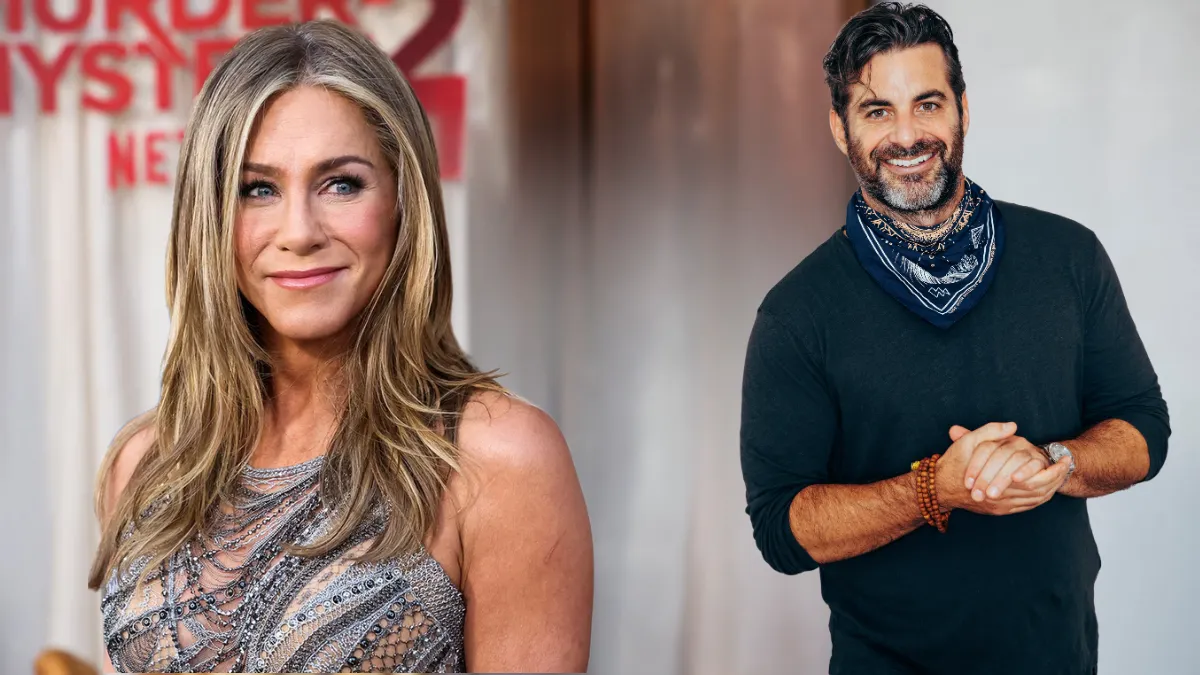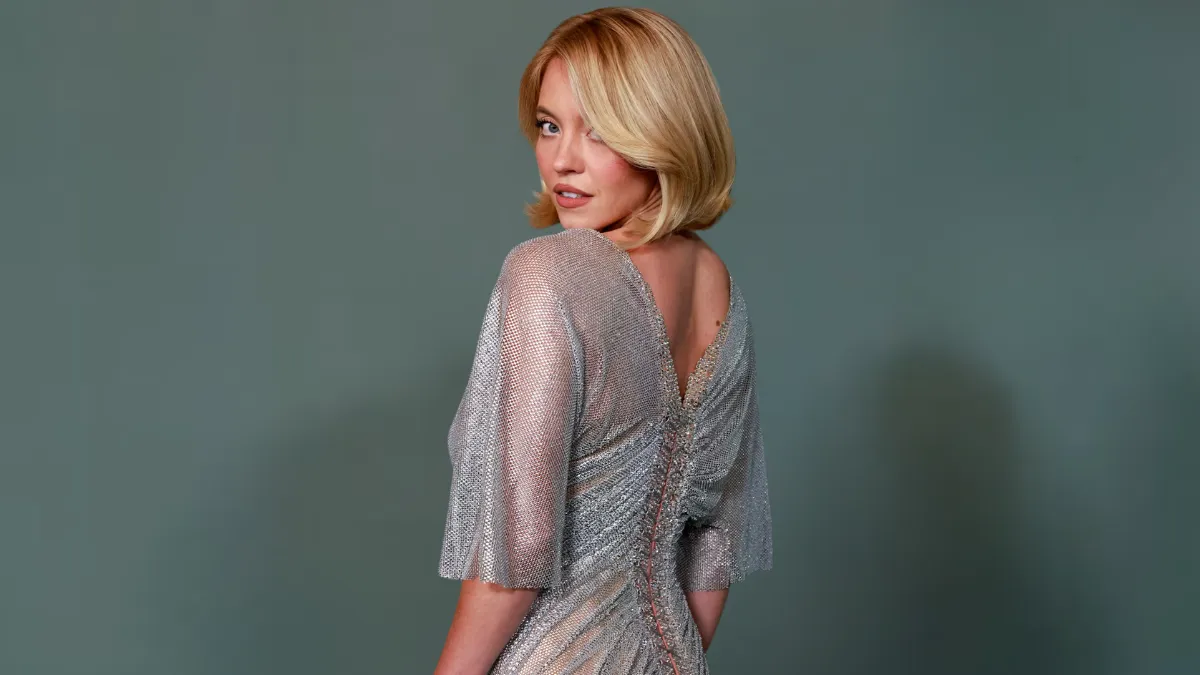Widow Erika Kirk says the scrutiny never stops. Since the public assassination of her husband, she feels watched from every angle.
In her first major interview since the tragedy, she described what it has been like to live under constant media and public gaze.
Erika, 36, of the conservative organisation Turning Point USA (TPUSA), became CEO after her husband’s death. The event ignited debate when she stood alongside JD Vance on stage and introduced him to the crowd.
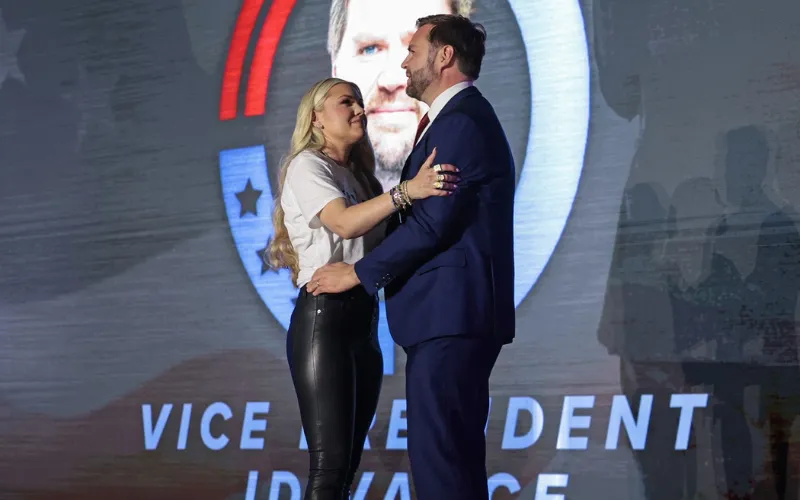
That moment, a hug and public remarks about her late husband in comparison to Vance, went viral and sparked a storm of commentary.
Her embrace with Vance featured his arms around her waist while she ran her fingers through his hair, a moment that fuelled intense online speculation.
Amid that turbulence she highlighted a deeper concern: the spotlight she now lives under. “There were cameras all over my husband when he was murdered.
There have been cameras all over my friends and family mourning. There have been cameras all over me. Analysing my every move, analysing my every smile, my every tear. We deserve to have cameras in there.”
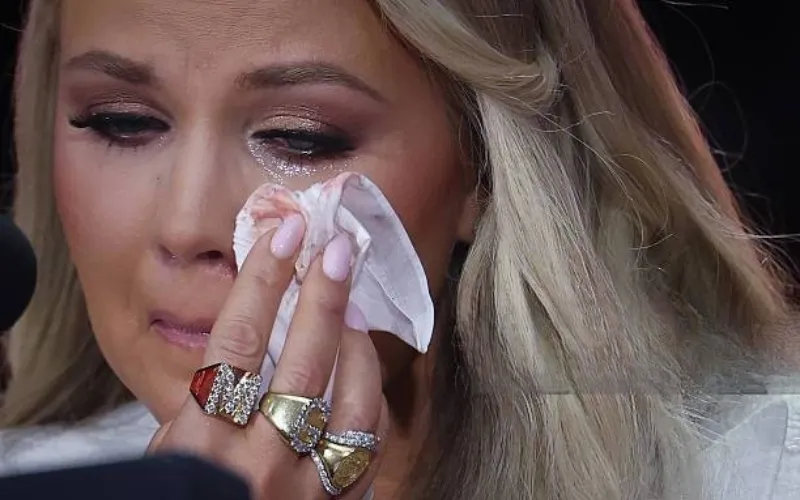
Kirk said she supports full transparency in the upcoming trial of Tyler Robinson, who stands accused of killing her husband.
“Why not be transparent? There’s nothing to hide, I know there’s not, because I’ve seen what the case is built on. Let everyone see what true evil is. This is something that could impact a generation and generations to come.”
The media storm surged after Kirk’s public statement on stage: “No one will ever replace Charlie, but I do see some similarities of my husband in JD, Vice President JD Vance.” that remark helped fuel the controversy around her relationship with Vance.
Now at the centre of multiple narratives, widow and leader, griever and executive; Erika Kirk is navigating her new role under intense scrutiny.
She says she didn’t sign up for this: “I didn’t sign up for anything. I just married the love of my life.”
In the end, the primary issue she raises is not the hug, the comments or the social backlash, it’s the invisible cameras capturing every angle of her life.
She insists the world should keep watching, so it can learn, witness, and never forget.
Featured Image Credit: (The New Republic/Wikipedia)

